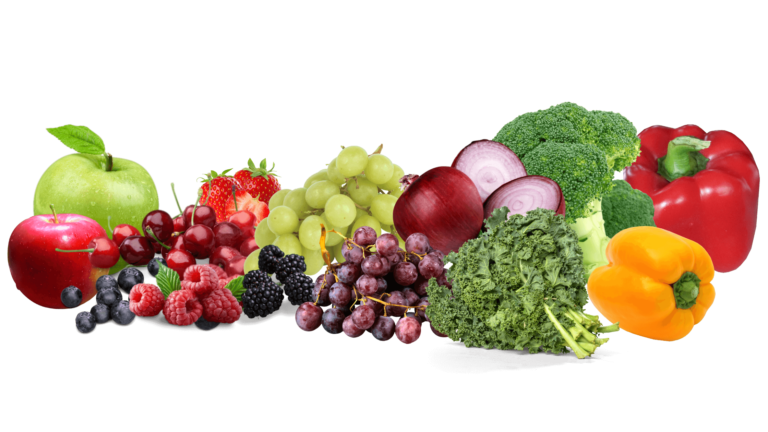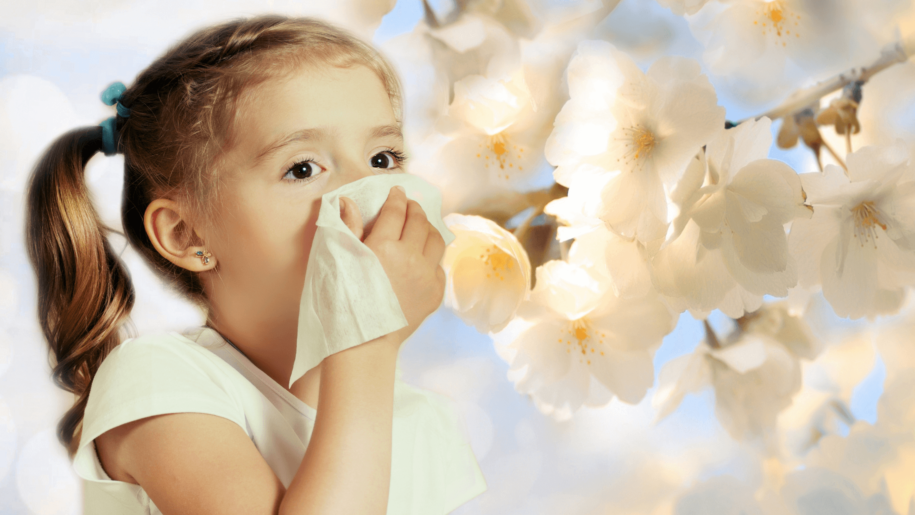So many of our children today suffer from either allergies or intolerance’s, and it can really dampen their quality of life. Recent data in Australia indicates that 10% of children under the age of 1 have a detected food allergy, and this number is only set to grow in the coming years. Today’s article aims to provide you with a basic understanding of allergy vs intolerance and some natural treatment options that can reduce the severity, duration and occurrence of reactions in your little people.
What is an allergy?
An allergy is a severe reaction, called an IgE reaction. It causes anaphylaxis, with very rapid onset. Only a very tiny amount of the allergen needs to be present for your child to react to this, and if anaphylaxis occurs you need an emergency EpiPen.
This kind of response is an immune system reaction, with large amounts of histamine released. This is what causes the common allergy reactions of:
- Swelling
- Difficulty breathing, wheezing
- Hives or red itchy skins
- Itchy, red, watery eyes
- Vomiting and diarrhoea
What is an intolerance?
A food intolerance is an IgG response and takes up to 48 hours to occur.
So, a child could eat a food, and not experience symptoms for 2 days, which makes this type of reaction hard to pinpoint. Intolerances are not life threatening like allergies, and usually more than a tiny amount of the food needs to be eaten for a reaction to occur.
An intolerance can be immune system related, but is most often digestive system related, and occurs in the gut as a response to foods/substances.
- Common intolerance’s symptoms include:
- Headaches
- Tummy aches
- Diarrhea/constipation
- Eczema
- Mood swings/irrational behaviour
- Bloating, tummy pains
How can you support your child through intolerance and allergy?
Firstly, if your child has an IgE allergy, you will need a medical plan from your doctor who can guide you on how to best manage this.
If, however, the allergy in question is something like hay fever, we will discuss ways to manage that below.
Food intolerance testing
If you suspect your child is reaction to foods, with symptoms like diarrhea, cramps, headaches, mood swings, skin rashes etc, then getting a food intolerance test is highly recommended. It will give you a list of foods and substances your child reacts to, which you can then eliminate from their diet.
You can contact me to learn more about this option.
Gut Health
Gut health plays a major role in whether your child will experience food intolerance’s, and in fact poor gut health can cause them to occur. The gut is also intimately linked to the immune system, so if there is a problem in one, chances are a problem will occur in the other.
There are several main area’s that we look at in order to improve your child’s gut health.
These are:
- Making sure they have enough enzymes to properly break down food.
- Gut bacteria, making sure they have the right balance of bacteria inside their gut, and correct this if not. We also look at making sure your child is having the right foods to feed healthy bacteria in their gut.
- Gut lining. We look at making sure your child has optimal gut lining, which will help ensure food particles and proteins cannot get through into the blood stream and cause reactions.
- Lastly we look at improving your child’s immune system through improving their gut health, and also through making sure they have the right nutrients present for strong immunity.
Working on your child’s gut health is best done with your Naturopath, and I’m happy to discuss this with you if you feel it’s relevant to you.

Foods rich in Quercetin
Quercetin is an antioxidant flavonoid, which has been shown to reduce the symptoms of seasonal allergies by reducing histamine and inflammation. It is also a great immune system support in general.
Eating foods rich in quercetin can easily be achieved by adding any of the following foods into your child’s diet regularly:
- Apples
- Berries
- Broccoli
- Grapes
- Red onions
- Cherries
- Kale
- Capsicums
The bonus is that many of these foods are also high in Vitamin C.
Add Local honey
Local honey can be a wonderful food for hay fever suffers, as long as it is tolerated. Local honey has a small amount of pollen from the local environment and can help you tolerate it much better, thus reducing symptoms.
Add fermented foods
This is a natural way to increase your child’s internal probiotic count, or good bacteria. Including a small amount daily gives them a natural gut and immune system boost.
The following foods are great fermented foods to try.
- Natural yogurt
- Kombucha
- Kefir
- Sauerkraut
- Other fermented veggies & fruits
I hope you found this article helpful, and as always, please contact me if you would like to discuss your child’s health needs. I offer free discovery calls, or if you’re ready to book an appointment you can do so here.

